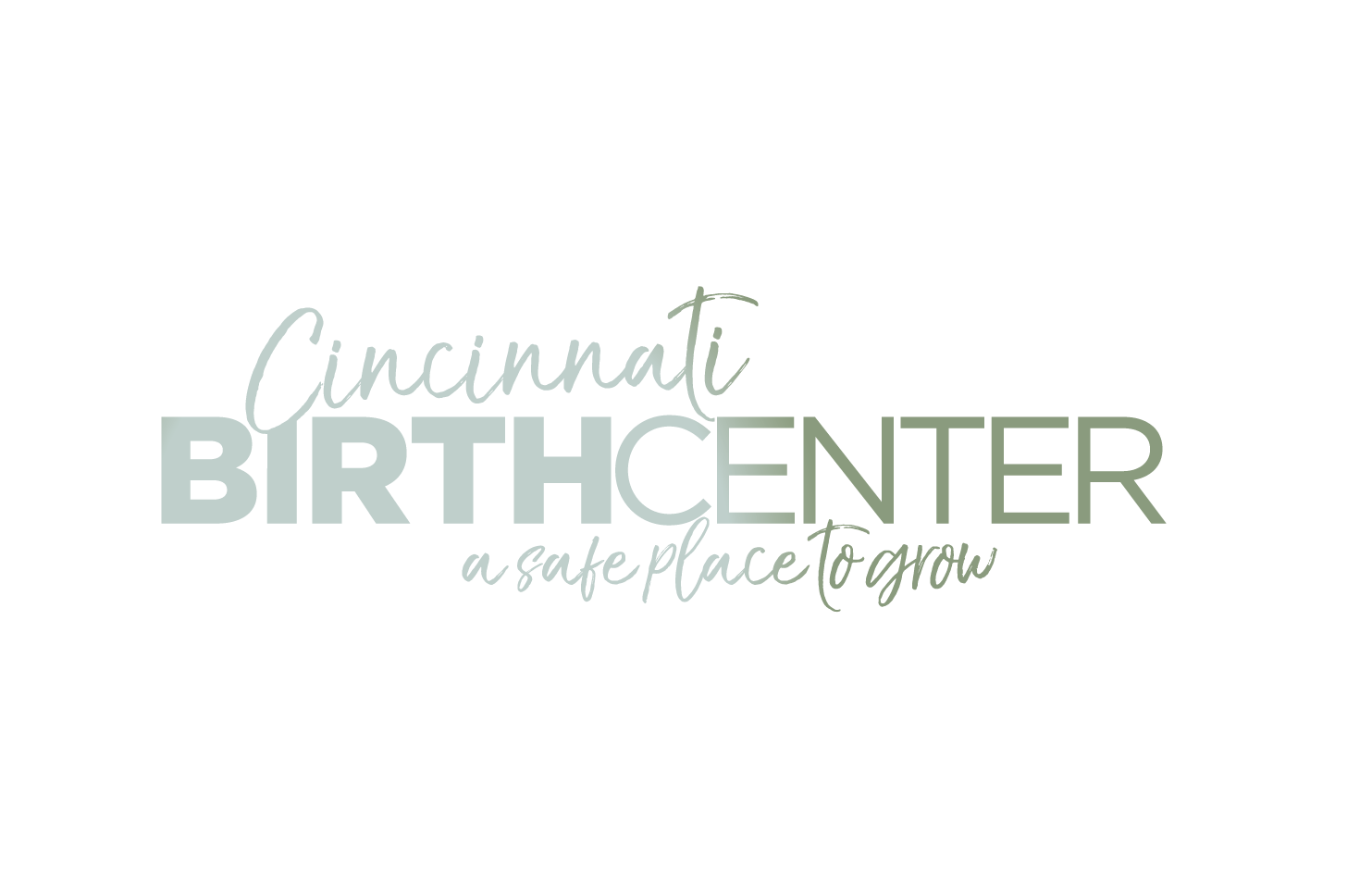Signs and Risks of Preeclampsia
/In honor of Preeclampsia Awareness Month, we’re sharing how to spot the signs of preeclampsia early and understand what care looks like.
What Is Preeclampsia?
Preeclampsia is a pregnancy complication characterized by high blood pressure and signs of organ dysfunction—most often involving the kidneys or liver. It typically arises after 20 weeks of pregnancy and can affect both mother and baby if not managed promptly. Complications can include seizures, organ failure, placental abruption, preterm birth, and more. Early recognition and intervention are key to having a safe, healthy birth.
Know the Warning Signs
Here are the most common symptoms of preeclampsia to watch for, especially in the second half of pregnancy:
High blood pressure (140/90 mmHg or higher on two occasions, four hours apart)
Severe headaches that don’t go away with rest or hydration
Changes in vision, such as blurriness, flashing lights, or seeing spots
Swelling in the face and hands (sudden or severe)
Upper abdominal pain, often under the ribs on the right side
Nausea or vomiting not related to morning sickness
Sudden weight gain (more than 2–3 pounds in a week)
Shortness of breath or chest pain
Decreased urine output or very dark urine
Feeling generally unwell in a way that’s hard to describe
If you experience any of these symptoms, contact your midwife immediately.
How Midwives Monitor for Preeclampsia
At the Cincinnati Birth Center, preeclampsia screening is a routine part of prenatal care. Here’s how we help detect signs early:
Regular blood pressure checks at every prenatal visit
Urine tests to detect protein, which can indicate kidney involvement
Monitoring swelling and weight gain patterns
Asking about headaches, vision changes, and other symptoms
Midwives are trained to recognize the early signs of preeclampsia and act quickly. Our goal is always to keep you and your baby safe while respecting your birth preferences as much as possible.
What Happens If You're Diagnosed with Preeclampsia?
A diagnosis of preeclampsia changes the course of care. Depending on the severity, your midwife may:
Collaborate with an obstetrician to continue care under a shared model
Transfer care to a hospital setting for closer monitoring and access to interventions
Support you through an induction or medically necessary birth if symptoms worsen or you reach full term
We understand that this can be an emotional pivot—especially when you've envisioned a peaceful, out-of-hospital birth. We’re here to guide you every step of the way and ensure you feel informed, empowered, and supported throughout the transition.
Can I Still Have a Natural Birth?
In some cases of mild preeclampsia, and with close medical oversight, vaginal birth may still be possible—just not at the birth center. Your midwife can remain a supportive part of your care team even if you transfer to a hospital, offering continuous emotional support and helping to advocate for your birth preferences wherever possible.
Reducing Your Risk
While preeclampsia isn’t entirely preventable, certain factors can help reduce your risk:
Attending all prenatal visits
Eating a well-balanced, nutrient-rich diet (focus on magnesium, vitamin D, and omega-3s)
Avoiding seed oils
Staying hydrated and active as advised by your provider
Managing preexisting conditions like high blood pressure or diabetes
Not ignoring symptoms—trust your instincts and reach out to your care team with any concerns
You’re Not Alone
Preeclampsia affects about 5–8% of pregnancies, and most cases are manageable when caught early. The most important thing is staying connected to a care team you trust—one that listens to your concerns, honors your choices, and prioritizes your well-being.
In honor of Preeclampsia Awareness Month, let’s keep the conversation going. Ask questions. Learn the signs. And know that midwifery-led care is rooted in both intuition and evidence, ensuring you’re supported no matter what your pregnancy journey brings.
Have questions about preeclampsia or birth center care? Reach out to our team—we're here to support your journey with confidence and compassion.



